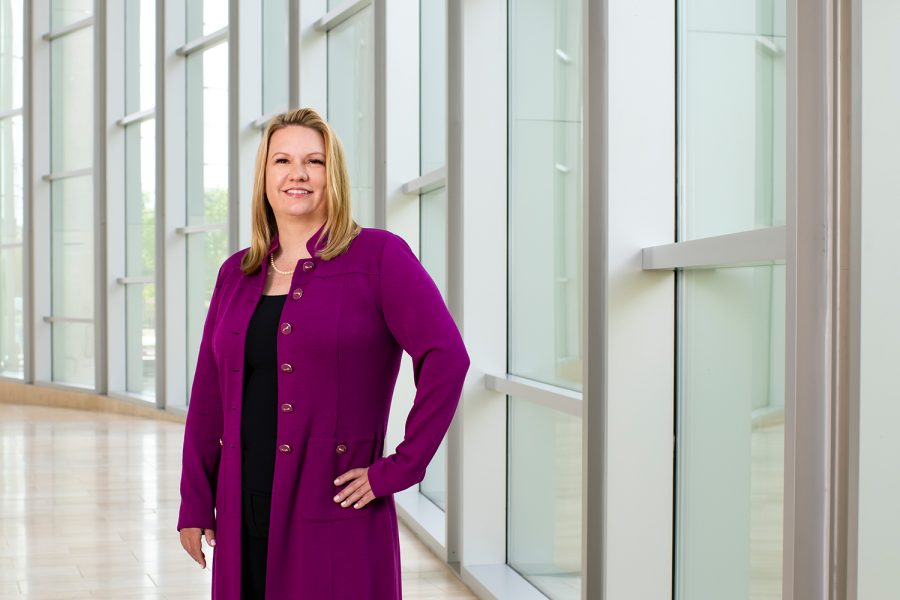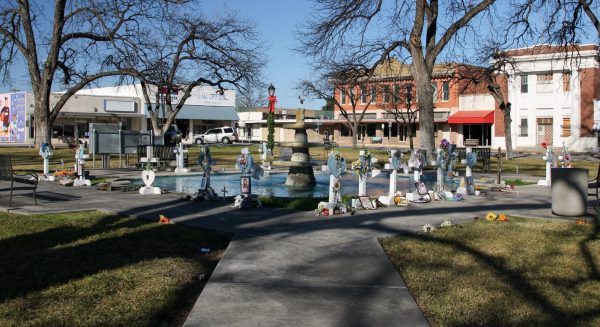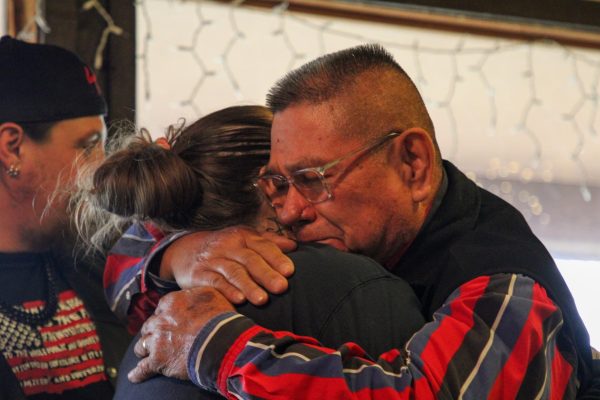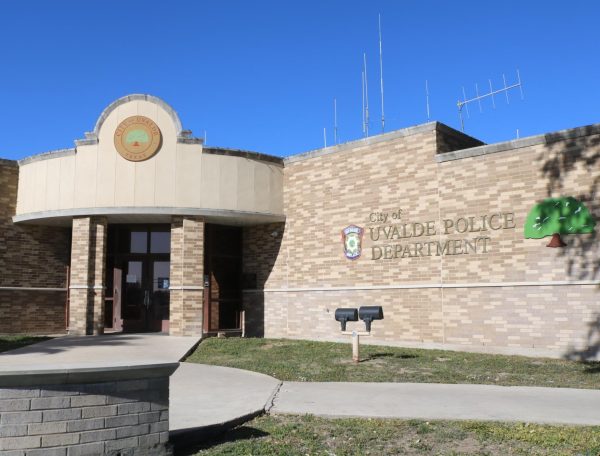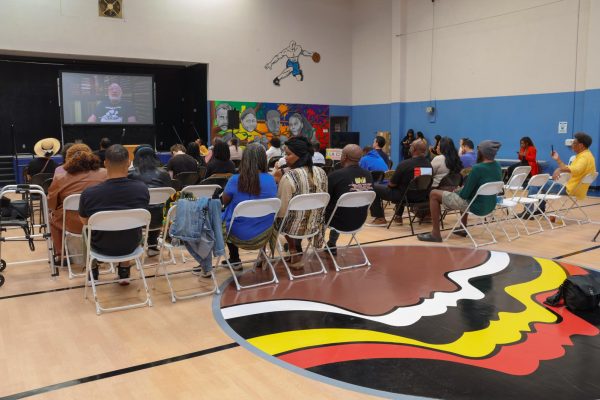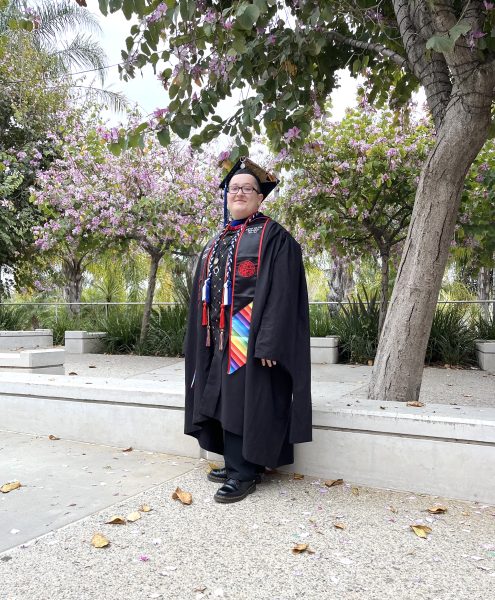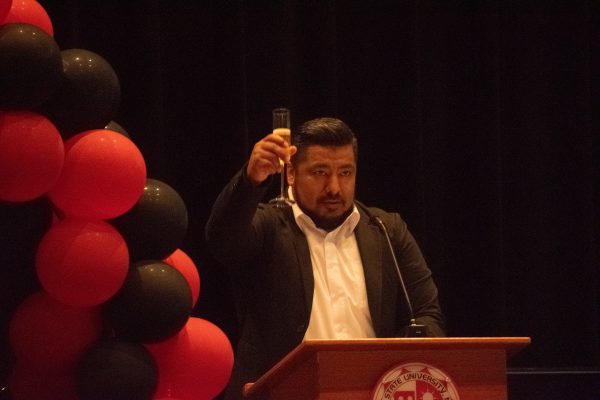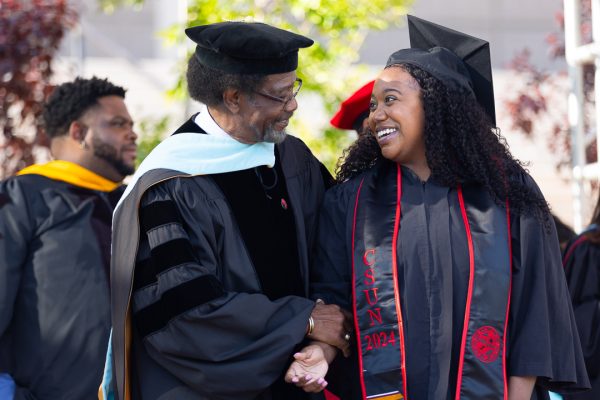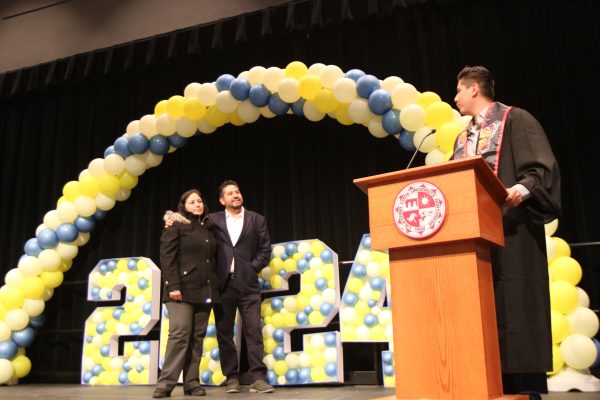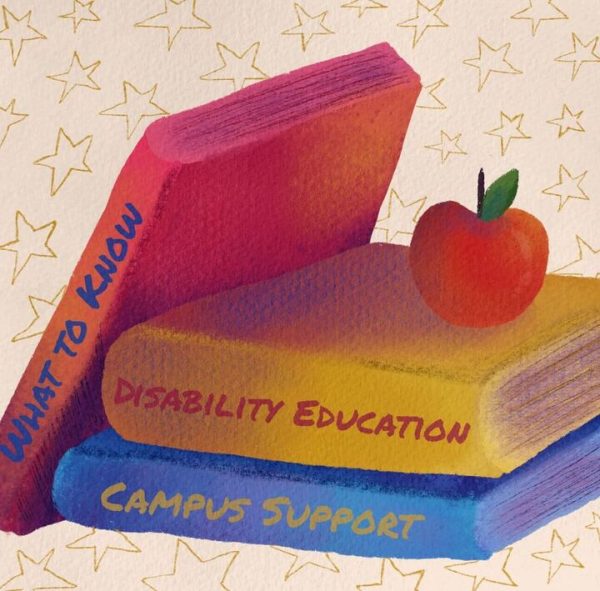President Beck discusses her listening tour and what she’s learned from it
President Erika D. Beck shares with Daily Sundial what she’s learned from the CSUN community after her 100-day listening tour.
June 3, 2021
CSUN President Erika D. Beck has spent most of her life earning multiple degrees in psychology, being a research associate in psychopathology and cognitive neuroscience, before becoming an administrator in higher education. Despite these achievements, the journey of learning is not over for Beck.
She spent her first 100 days in office meeting with the community to understand the campus’ challenges and opportunities. The Daily Sundial met with President Beck to discuss her listening tour and her initial thoughts as CSUN’s newest president.
Here are the key takeaways from our chat with President Beck:
- Campus communities are pushing the administration to enact changes toward diversity, equity and inclusion, and to address systemic and institutionalized racism.
- Fall 2021 will consist of in-person and online classes with some co-curricular activities.
- The policies surrounding the vaccine requirement for fall 2021 is still being established by the California State University Chancellor’s Office.
- According to Beck, her style of leadership involves leading by listening, learning and engaged collaboration
Initial thoughts on CSUN
Beck’s initial approach as CSUN’s latest president is to lead by listening. Since January, her intention was to get a broad perspective from the campus community. She’s relied on listening to the unique perspectives of students, staff, faculty and alumni. She asked them to paint her a picture of their experiences, along with their academic and professional goals.
One central theme that has been shared with Beck on her listening tour is a sense of pride in CSUN’s diverse community. Campus communities have emphasized the importance of advancing racial and social justice work. They want to ensure the university has programs in place and resources available to support a structure where everyone is involved in the work of inclusive excellence.
Beck highlighted her conversation with organizers from Dreams to be Heard, a campus club that supports and advocates for the undocumented community.
“I heard their inspiring passion for equitable opportunities on campus and a real dedication to our undocumented and Dreamer students,” Beck said. “I was just awestruck at the extent of their research and their research-informed vision, for what that could look like on campus, and [I am] really looking forward to partnering with them.”
She said that alumni have shared their adoration for the school because they feel as though their time at CSUN changed their lives, therefore they want to help shape the university’s next chapter.
Beck said that after more than a year of social distancing and isolation, students long to be together again. CSUN is committed to making this a reality, however, she said there is cautious optimism for the road ahead.
“That is something that I absolutely share. I am confident that the future for CSUN is incredibly bright,” Beck said.
She said that other students had shared their gratitude for the quality of education they received at CSUN. Students have mentioned that faculty and staff have displayed a deep sense of concern for them. They are seen as individuals — and not just students in a classroom.
On connecting with a diverse student population
Beck said that equity inclusion and justice has contributed to the unfolding of her career.
“It is literally at the core of my being, and it is all of the work that I have facilitated in higher education,” Beck said. “And I consider it a tremendous honor to be part of an institution that is, in my view, the solution to so much of what ails us as a society.”
Before assuming her position at CSUN, Beck spent four years as president at CSU Channel Islands. CSUCI has nearly 7,000 students, half of whom identify as Hispanic or Latinx. The university earned a Seal of Excelencia in 2019, a national certification for institutions serving Latinx students. The honor goes to universities that go beyond increasing enrollment numbers but apply evidence-based practices that support the success of Latinos and other students.
During her leadership, the university was named among the top 10 most transformative institutions in 2019 by Money magazine. In addition, CSUCI’s four-year graduation rate for first-year students reached an all-time high in 2020.
She considers equity and inclusion efforts as a professional and personal journey. She said it requires a willingness to be open and to understand that “structures of systemic and institutionalized racism privilege some” while excluding others. And more importantly, that privilege is invisible.
Beck believes it’s important to embrace humility when reflecting on our own lived experiences and privileges.
To address systemic racism and other inequities such as lack of basic needs resources, the university will need to hear new voices from people with diverse perspectives.
She said that this would be one of her main priorities.
From the beginning of her listening tour, Beck has been challenged by various campus communities that are pushing for diversity and inclusion. Students have expressed their concerns about abstract and performative statements that denounce racism and systemic oppression but do not address the root of these injustices.
Beck understands that action is needed. She said it will require collaboration among the campus community to review — what has been done and what is being done now — in order to establish a resourced plan that can be translated to the rest of the campus.
Her first action is to lead by listening. She said she does not take a top-down approach with her leadership style. Her decision making process relies on open dialogue and setting the university’s priorities together.
“I learned a lot, and I’ve heard a lot,” Beck said. “I certainly hope that the university community … has felt my absolutely authentic desire to learn.”
Continuing the 10-Point Campus Action Plan for diversity and inclusion
Following the deaths of George Floyd and Breonna Taylor, former President Dianne F. Harrison announced a 10-point Campus Action Plan for improving diversity, equity and inclusion for CSUN’s Black community.
In the announcement, Harrison committed to establishing a workgroup for each of the 10 action items. These workgroups would be charged with providing progress reports that assess the overall campus impact of the action item. An annual report will be shared by the campus president.
In November 2020, Harrison announced that 14 campus projects would receive funding under the Diversity & Equity Innovation Grant program that supports initiatives of diversity, inclusion and social justice.
Beck said that her administration will continue to prioritize these initiatives while creating new ideas and action plans. She said that the 14 grants are underway and a report will be sent to the Commission on Diversity and Inclusion by the end of July.
Both the Educational Opportunity Program and Student Outreach and Recruitment have initiated their projects to increase the recruitment of Black students. According to Jeff Noblitt, associate vice president of Marketing and Communications, the Bridge to the Future: Black Scholars Matter project will be gearing up to recruit the first students into their program.
Vaccination mandates for the fall semester
California State University announced on April 22 that it would require faculty, staff and students accessing campus facilities in fall 2021 to receive the COVID-19 vaccine. The decision from the Chancellor’s Office is conditional upon the Food and Drug Administration’s approval of the vaccines.
Beck said the systemwide decision for vaccination requirements is led by two twin north stars that guide the decision-making process: the health and safety of the CSU community and ensuring students have access to quality education.
At this moment, Beck does not have all the details for fall 2021 because the Chancellor’s Office is still defining the policies.
Beck said the administration is taking a collective approach toward understanding the perspectives of the campus population. CSUN sent out surveys to gauge the comfort level of the community at the idea of returning to campus.
“It is such an incredibly challenging time for everyone and [with] the complexity of coming back to campus … there are so many nuances to that,” Beck said. “But we’re doing our very best to get as much feedback, guidance, and understanding so that we’re sure we’re being responsive.”
In response to this decision, the Associated Students hosted a virtual Campus Conversation For Students event on May 13 that centered around the campus plans for the fall semester, along with a review of the recent campus health student survey.
However, Beck pointed out that the fall semester is a transitional semester for CSUN. It will not be the same as it always was, but the fall semester is not representative of how it will always be. Beck said that this would be a time to understand how the university can better serve its students within this new way of life.
“We’ve all been through something traumatic with the pandemic, and we’re working our way through it, and we’ll do it together,” she said.
Expect some semblance of normalcy in the fall semester
The plan is to increase campus engagement during the fall semester.
As more information and data are released about the COVID-19 virus and the vaccines’ efficacy, CSUN is working closely with public health professionals to examine the different scenarios to increase co-curricular activities.
Beck anticipates that public health guidance will change over the summer, and people may begin to change their comfort levels.
To increase campus engagement, the Student Recreation Center will reopen on June 1 with enhanced cleaning practices, mandatory health screenings and social distancing protocols. The reopening of other campus centers will be announced over the summer.
Beck said that there would be ample opportunity for students to engage in a full-campus experience if they choose to do so. Alternatively, students that want to continue virtual learning will be able to participate based on their preferences. She said the university wants to honor its students to ensure everyone is supported regardless of their preferences.
Typically, Beck is used to being highly engaged on campus. She looks forward to having the opportunity to stop by classes, labs and campus eateries to interact with the students, staff and faculty.
“I’m going to be real focused on that community piece in the fall, and also how we care for one another,” Beck said.
_______________________________________________________________________
Beck sent a report of her findings on May 25 to the campus community. The report provided an overview of the themes that emerged during her listening tour and her reflections on those themes. She is adamant that the roadmap for the future and the university’s priorities will be a collaboration between the administration and the campus community.
“That will be something that we will be walking through together. We’re going to work through them together, and we’re going to have a lot of conversations about it, and then, we’ll move on from there,” she said.
